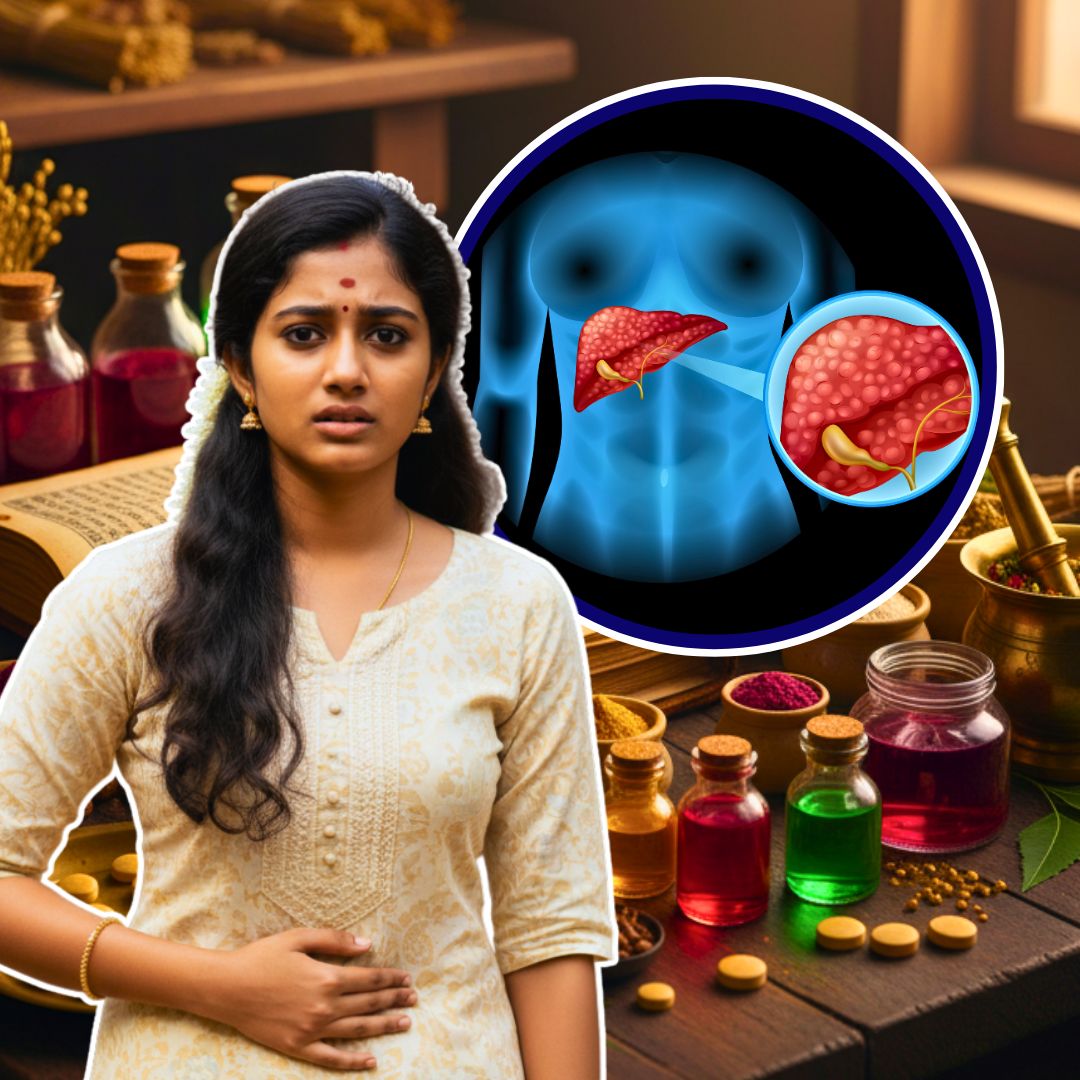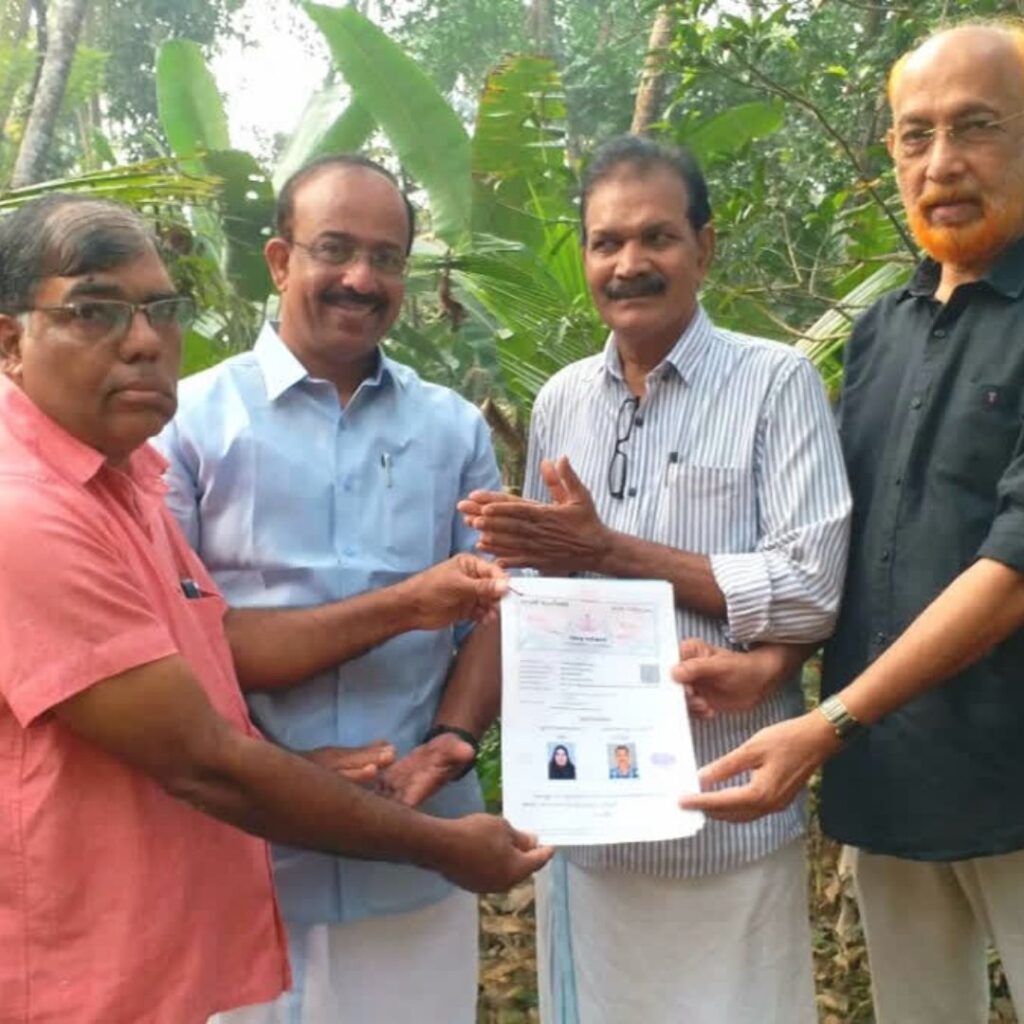Dr Cyriac Abby Philips, a hepatologist at Rajagiri Hospital, Kochi, known as The Liver Doc, recently highlighted serious health risks linked to the unregulated use of certain Ayurvedic medicines. In a case he shared, a 14-year-old girl developed severe liver damage, including alcoholic liver disease and chronic arsenic poisoning, after being treated with multiple Ayurvedic formulations for epilepsy over five years.
While Ayurveda is celebrated for its holistic approach and historical significance, medical experts warn of the lack of scientific validation and safety checks for many herbal preparations. Health authorities balance promoting Ayurveda as cultural heritage with calls for tighter regulation and evidence-based practice to safeguard patients.
Rising Liver Injuries from Ayurvedic Treatments
In March 2025, Dr Philips drew public attention to a distressing case involving a young girl from Kerala who nearly died from liver failure caused by Ayurvedic epilepsy treatments. According to his Instagram post, the girl had been given eight to nine different Ayurvedic medicines continuously for five years, many containing toxic levels of arsenic and alcohol.
This led to chronic arsenic poisoning and an unusual diagnosis of alcoholic liver disease in a 14-year-old. Dr Philips explained that the formulations, including “kashayas” (herbal decoctions) and “bhasmas” (calcined mineral powders), were unregulated and contaminated. The girl now requires lifelong medical surveillance due to irreversible damage and increased cancer risk.
Dr Philips cautioned that such herbal and dietary supplement-induced liver injuries are rising globally, with reports of similar cases from the US and China. However, in India, research is limited owing to the cultural and religious sensitivity surrounding Ayurveda, as well as fears of legal backlash from alternative medicine practitioners.
Medical Evidence and Regulatory Challenges
Scientific research increasingly documents the hepatotoxic potential of several common Ayurvedic herbs such as ashwagandha, turmeric, giloy, and aloe vera. Complex polyherbal formulations complicate diagnosis and treatment since multiple ingredients may interact or contain hidden contaminants such as heavy metals. Studies show that patients consuming Ayurvedic medicines have presented with symptoms ranging from mild liver enzyme elevation to severe liver failure, cirrhosis, and portal hypertension.
A multicentre study by the Asian-Pacific Association for the Study of Liver recently revealed that in many Asia-Pacific countries, a significant number of cases of acute liver failure are linked to complementary and alternative medicines, including Ayurveda.
While the Ministry of AYUSH is promoting research and clinical trials to validate Ayurvedic treatments and establish safety standards, the absence of strict regulation, standardisation, and quality control remains a major public health concern.
Balancing Tradition with Patient Safety
The intersection of traditional healing and modern medicine poses a complex challenge. Ayurveda holds cultural significance and offers potential benefits through holistic care and natural remedies when used appropriately. However, The Logical Indian advocates for prioritising patient safety, demanding transparency, scientific scrutiny, and ethical medical practice.
Unregulated use of untested formulations with potentially toxic ingredients undermines public health and trust. Moreover, stifling research or criticism for cultural or commercial reasons only perpetuates risks for vulnerable patients. The future of healthcare in India requires respectful dialogue between traditional and modern systems, promoting integration without compromising evidence-based standards.
In light of these developments, The Logical Indian encourages readers to consider how ancient healing traditions like Ayurveda can coexist with rigorous science to protect health and wellbeing.












